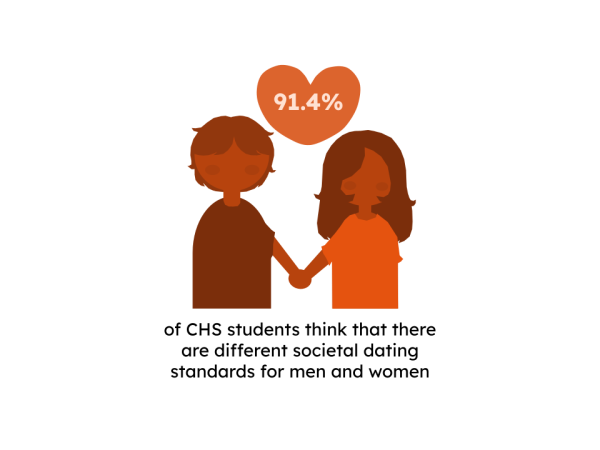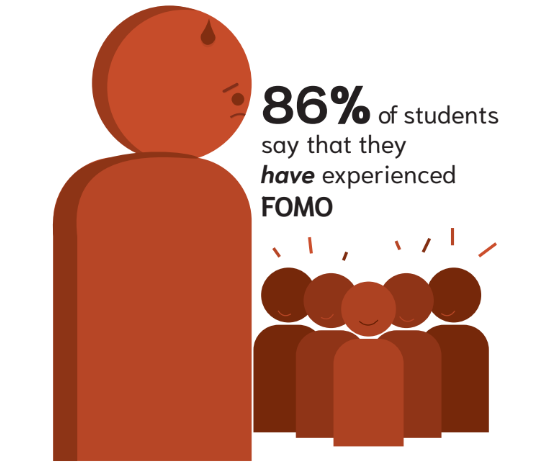Running from potential negative effects of youth sports
BLOT GRAPHIC BY Z. SABRINA LIDING
Playing a sport at a young age can negatively affect the mental health of a child.
January 28, 2022
It’s common for children to start playing sports at young ages, seeing as sports have many benefits, but some argue that they can leave a more negative impact on a child’s mental health.
According to a 2018 Project Play report, about 83% of children ages 6 to 12 play or participate in physical activity or sport. Parents put their children in recreational sports at a young age because of the physical health benefits and the opportunities they see for their children in the future.
Parents find that sports are the best way to ensure a child’s health, with a British Journal of Medicine study finding that exercise can prevent chronic diseases as effectively as medication.
Freshman Alisa Kharod of Colts Neck explains that the health benefits of playing tennis have helped with her self-esteem.
“I play junior-varsity tennis for my hometown. [That] was the time when I was most confident about myself and my body,” Kharod said. “Playing sports helped me to gain confidence, benefiting my mental health.”
Despite the many benefits that come with youth sports, there are many mental health concerns associated with them as well. In some cases, excess amount of exercise and the pressure of a competitive sports team can lead to children feeling the pressure.
“Their brains and bodies aren’t fully developed yet, which means they may not be able to handle the competitive and strenuous nature of playing a single sport year-round—mentally or physically,” said neuropsychologist Jamie Pardini of Banner Health.
Oftentimes, this negative impact on a child’s mental health will go unaddressed, with youth athletes seeking mental health support at a lower rate than their non-athlete peers, according to Psychology Today. Athletes experience the same mental health disorders as non-athletes, but they have to manage them in addition to sports-related stressors such as demanding physical activity and sleep deprivation.
As a swimmer, Sophomore Emma Weiss of Tinton Falls recognizes the contrasting outlooks that youth sports can produce.
“Sports do teach you a bunch of helpful mentalities; however, if the sport is less about enjoyment and more about getting back to the goal, then it does become very negative,” Weiss said.
The pressure to perform at a young age is linked to mental health issues like depression and anxiety. According to the LA Times, anxiety and depression levels in young athletes were 20% to 45% higher than youth from the same age groups.
On top of that, a sports injury could leave a child hurt, potentially ruining their future athletic career, and, in the process, damaging their mental health.
“For some student-athletes, the psychological response to injury can trigger or unmask serious mental health issues such as depression, anxiety, disordered eating and substance use or abuse,” said the National Collegiate Athletic Association.
While it is evident that youth sports can be a great way to keep one’s child socially, emotionally, and physically healthy, they can also negatively affect children’s mental and physical health. Before putting a child in any sport, it is best to weigh both the benefits and drawbacks that may come with it.















